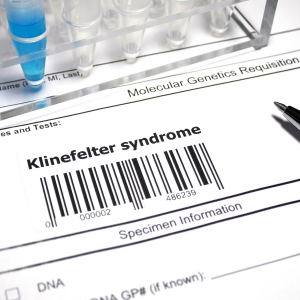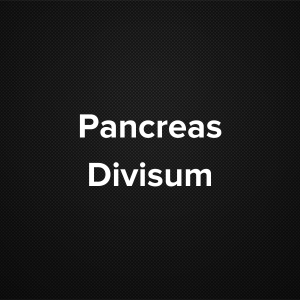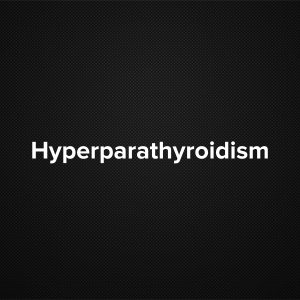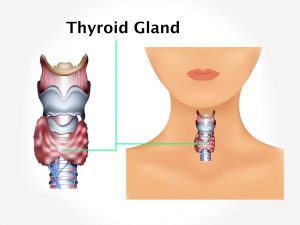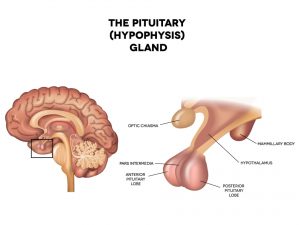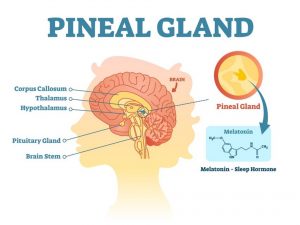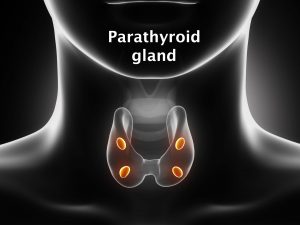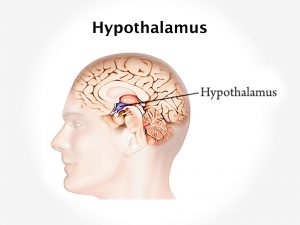Causative & risk factors
Several conditions can give rise to hypopituitarism. Pituitary as well as other brain tumors are a common cause of hypopituitarism. It can also be caused by infection, ischemia or infarction of the brain tissue. Certain autoimmune (lymphocytic hypophysitis), genetic and infiltrative disorders (sarcoidosis) can also give rise to hypopituitarism. Surgery or radiation to the brain tissue can also cause hypopituitarism. Other causes include head injury, Kallmann’s syndrome and empty sella syndrome.
Sometimes hypopituitarism can occur in the absence of any underlying cause.
Clinical presentation
The symptoms of hypopituitarism are usually of gradual onset. They are extremely variable depending upon which hormone is deficient. Some common symptoms are intolerance to cold, low libido, loss of appetite and weakness. The patient may become anemic and start losing weight. When hypopituitarism is congenital or is present since childhood, the individual usually remain short compared to his peers. Reduction of facial and body hair is observed in men. Women may experience menstrual irregularities and loss of pubic hair. Breast-feeding mothers may be unable to produce milk.
Investigations
Several hormonal assays can be performed to detect their presence, absence or deficiency in the bloodstream e.g. serum TSH levels, serum prolactin levels etc.
MRI scan of the brain is performed to detect tumors or other anomalies.
Treatment
The main role of treatment is to correct the underlying cause of hypopituitarism. This can be achieved by medications or surgery.
The hormones which are absent or deficient are to be replaced by giving regular medications.




